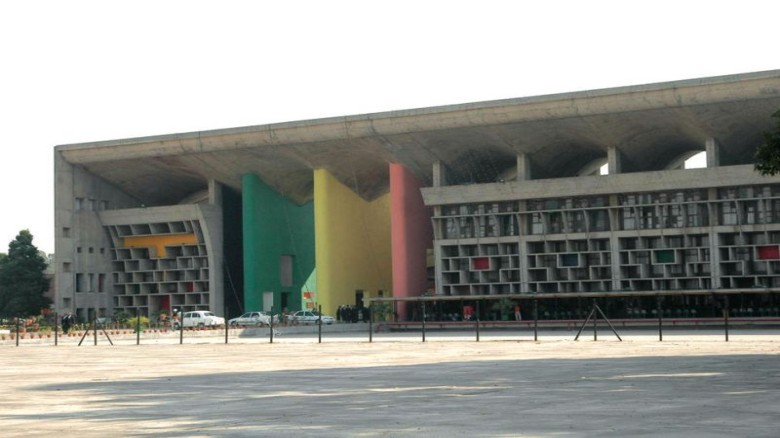
The Punjab and Haryana High Court has reaffirmed that executing courts are duty-bound to decide execution petitions within six months of their filing, as mandated by the Supreme Court.
The court emphasized that delaying tactics employed by judgment debtors—those obligated to comply with a court decree—must not be allowed to hinder the execution process. It held that the executing court bears the responsibility of ensuring adherence to the Supreme Court’s directives in both letter and spirit.
Justice Vikram Aggarwal, while referencing the Supreme Court’s ruling in Rahul S Shah vs. Jinendra Kumar Gandhi & Others, stated, “Executing courts are obligated to dispose of execution petitions within six months from the date of filing. It is well known that judgment debtors often attempt to delay proceedings by filing multiple applications. However, it is the duty of the executing court to address such tactics and comply with the Supreme Court’s directions effectively.”
This ruling holds particular significance as obtaining a court decree is often just the beginning of a prolonged legal struggle, with execution taking years due to procedural complexities. The decision by Justice Aggarwal came in response to a petition requesting a time-bound resolution of an execution petition.
The petitioner sought enforcement of a final partition decree granted in his favor in 2013. However, despite filing an execution petition in 2017, it remained unresolved for years. The High Court’s ruling aims to prevent such delays and ensure timely execution of court orders.
Subscribe to our newsletter to stay.

Leave A Comment